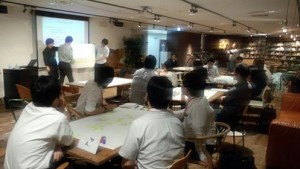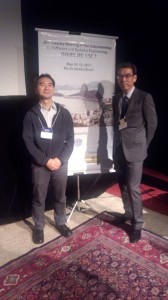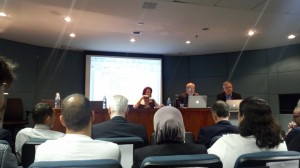Hironori Washizaki, Kiyoshi Honda, Yoshiaki Fukazawa, “Predicting Release Time for Open Source Software based on the Generalized Software Reliability Model,” Proceedings of Agile Conference 2015, Research Track, Washington, D.C., USA, August 3-7, 2015. (to appear) (CORE Rank B, acceptance rate 10/33=30.3%)
There is a significant challenge that how to predict the possible release date of the target software having enough reliability in agile development where incremental development and small software releases are key characteristics. Existing approaches targeting agile development usually use release backlogs for predicting and setting delivery windows; however these do not consider the reliability of software for release date prediction so that there is a possibility that software at the predicted release date have poor reliability. Previously we proposed a generalized software reliability model (GSRM) based on a stochastic process and compared it with other models to evaluate recent software developments. However, we, did not directly evaluate the accuracy of the predicted release time by model. In this paper, towards prediction of release dates in agile development, we focus on the release dates of open source software (OSS) developments and the number of detected faults (issues) since OSS developments comply well with the efinition of the agile development in terms of incremental process and frequent releases We define the accuracy of the predicted release time using the given development terms and the number of faults. Additionally, we propose a method to evaluate the accuracy of the predicted release time. In the best case, GSRM shows only 0.572\% Error Rate, which corresponds to a predicted release date of two days prior to the actual release date. We believe that our method should be applicable to agile developments too.


